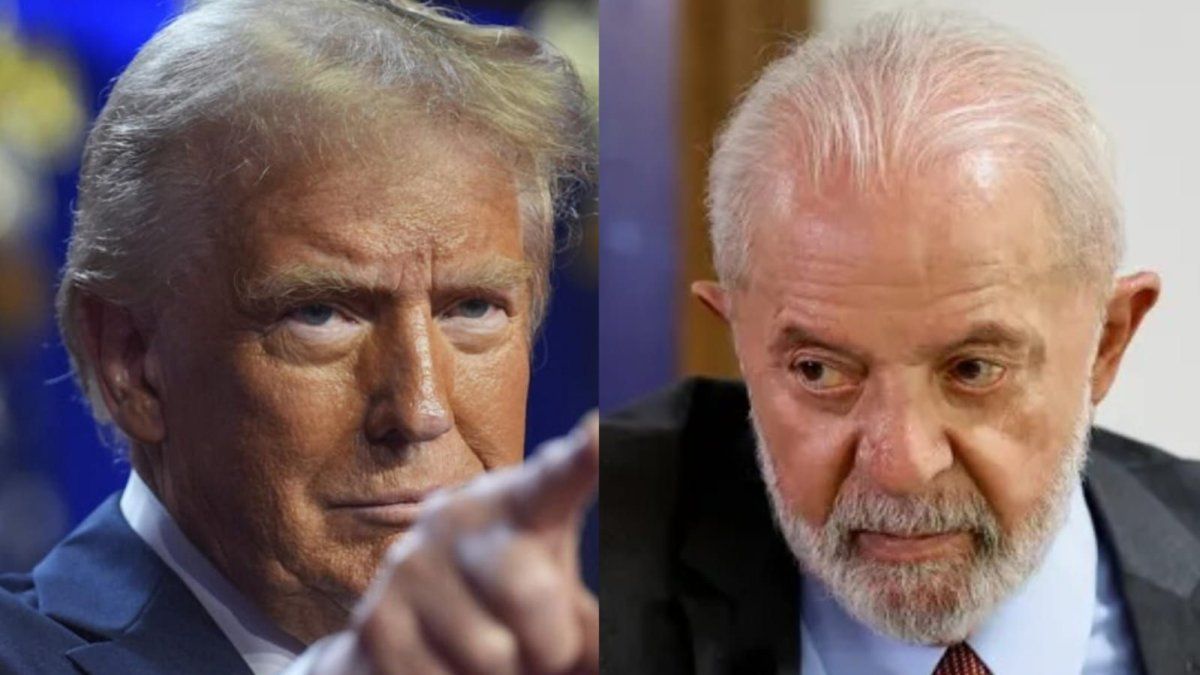Thus, the gap with the wholesale exchange rate, which regulates the Central Bank (BCRA), reached 109.9%, and became the highest since November 2020.
The lack of progress in an agreement with the International Monetary Fund, high inflation, high fiscal deficit, significant monetary issue, and reserves of the Central Bank are the main causes of this sharp rise not only in the blue dollar, but also in exchange rates financial, which came to exceed $223 this Friday.
The The market is “readjusting upwards based on greater demand from operators, triggered by the concerns raised by the dynamics of the monetary issue, the deterioration in available reserves and inflation without respite“said Gustavo Ber, an economist at Estudio Ber.
Remember that in December the parallel dollar advanced 3.2% ($6.50), against monthly inflation of 3.8%, according to INDEC. In addition, in the accumulated of 2021 it had an increase of 25.3% ($42), half with respect to the inflation of the period (50.9%). However, it is worth remembering that in 2020 it had shown a sharp jump of 111%.
By 2022 specialists warn that the evolution of the price will depend on several factors, and highlight the negotiation with the IMF and the strategy in managing the official exchange rate as two of the most important issues to monitor.
What is the blue dollar?
The value of the blue dollar has a substantial difference with the official dollar, which is acquired in banks and has an established price. Its sale is in the informal market, without regulations or limits, and for this reason it is generally operated at a value greater than the official dollar.
Why is it called the blue dollar?
The origin of the blue dollar as a denomination for the operation of the banknote in the informal market is not clear. But there are theories.
An explanation of its name indicates that it is so called because in English, “blue”, in addition to naming the color blue, refers to something “dark”.
Another theory relates it to purchase operations through bonds or shares of companies known as “blue chips”. They also link it to the approximate color that appears when a fibron is applied to detect counterfeit bills.
Blue dollar price in the month
So far in January, the blue dollar shows a rise of $11, after closing 2021 at $208.
Price of the savings or tourist dollar
The savings or solidarity dollar climbs 28 cents to $181.30, -without taxes-, according to the average in the main banks of the financial system. In turn, the retail value of the currency in Banco Nación -without taxes- operates unchanged at $109.
More news about the Blue Dollar and the Dollar
Dollar: how far behind is the real exchange rate?
What were the causes of the strong rise in the blue dollar
The dollar and the 2 exchange adjustment alternatives: sharp jump or monthly correction?
In recent months, Argentines preferred the savings dollar over the blue
How much will the dollar rise in 2022, according to the market
Source From: Ambito
David William is a talented author who has made a name for himself in the world of writing. He is a professional author who writes on a wide range of topics, from general interest to opinion news. David is currently working as a writer at 24 hours worlds where he brings his unique perspective and in-depth research to his articles, making them both informative and engaging.




